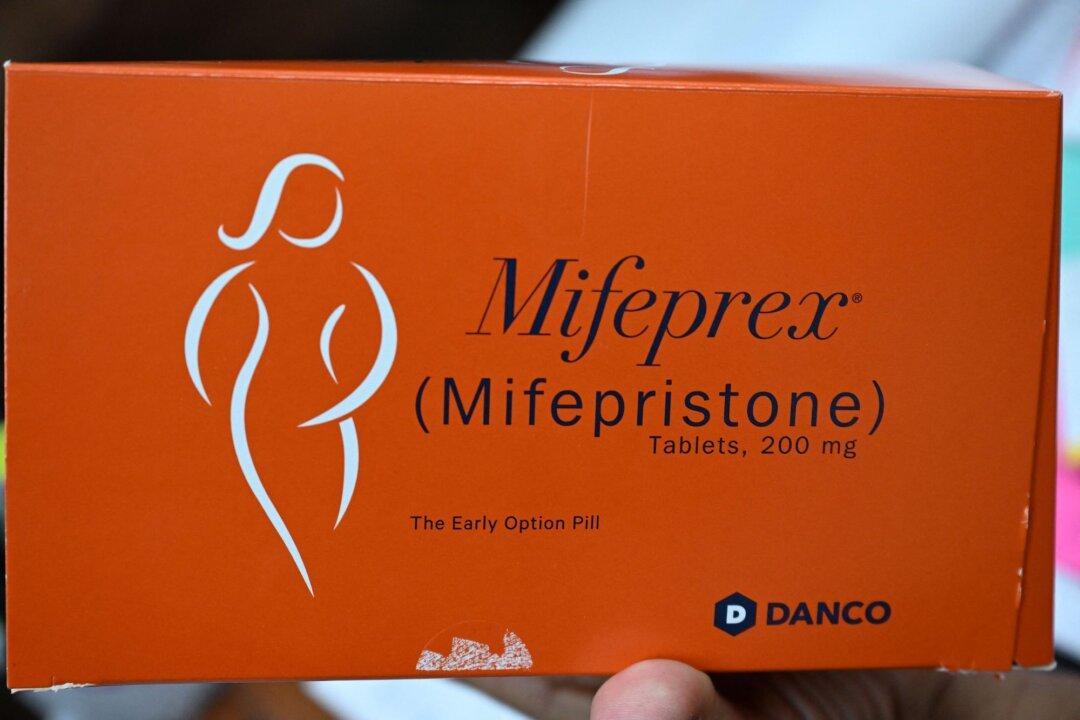The attorneys general of 19 different states have sent a letter to Costco and Kroger warning the retail brands against sending abortion pills through the mail.
Last month, the U.S. Food and Drug Administration (FDA) announced updated rules that allow stores with pharmacies, such as Costco and Kroger, to dispense the abortion drug mifepristone through the mail.





